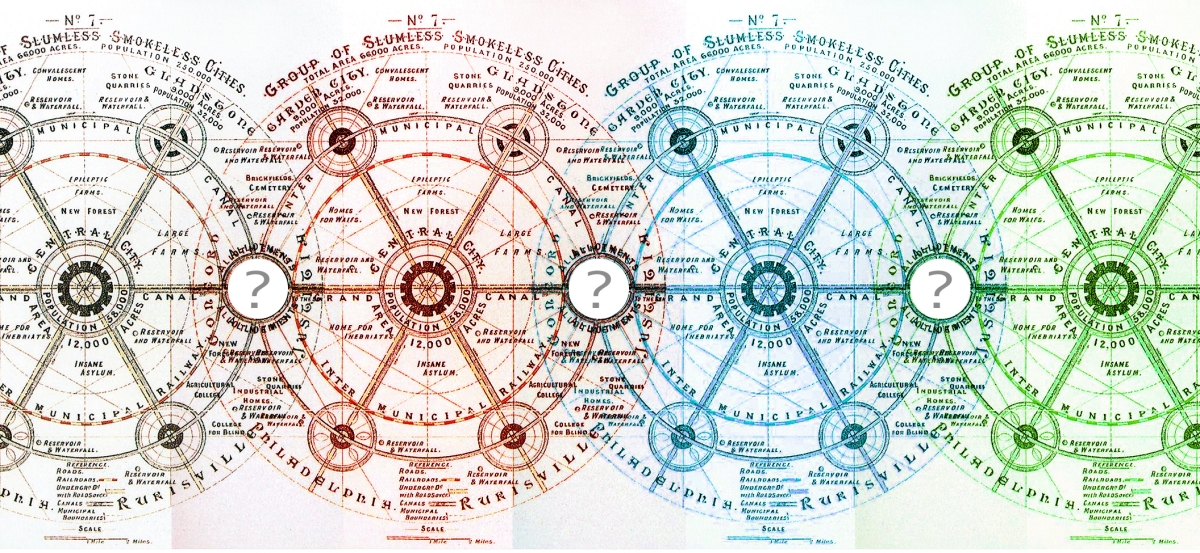‘Cities are both the source of progress and the source of division and left to their own devices they will not heal themselves’.
Richard Florida, Urbanist
Monocle, The Urbanist, Episode 290: The New Urban Crisis [15:50]
4 May 2017
(While I most certainly agree with the first part of this statement, the second bit makes me wonder: What happened to organic cities? Aren’t most urban planners inspired by old cities? Don’t they try to artificially mimic organic development today? And if so, is it so unthinkable to just let cities heal themselves… organically?)
